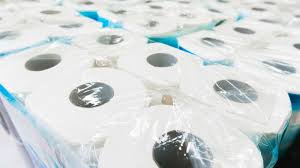
(UNDATED) – As the response to the coronavirus pandemic escalated this week, so did worried shoppers’ efforts to stock their pantries with everything from cleaning products to shelf-stable foods.
Toilet paper, hand sanitizers and disinfecting wipes have a become the ultimate symbol of the panic buying; it’s seemingly scooped up as soon as they hit the shelves. Now foods like bread, milk, and canned goods are disappearing.
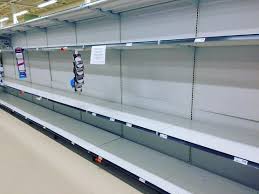
Customers were grabbing items straight off of pallets being used to restock shelves.
Companies that help supply like toilet paper are stunned and trying to adjust to this rapidly evolving new normal in consumer behavior.
Amazon said Tuesday that it will only accept shipments of cleaning equipment, medical supplies and household goods from suppliers at its warehouses for the next three weeks to fill surging demand.
The online retailer has been sold out of items like disinfecting wipes and toilet paper as the coronavirus spreads and more people stay home, shopping online. Amazon will still allow shipments of household items including baby products, groceries, and pet supplies.
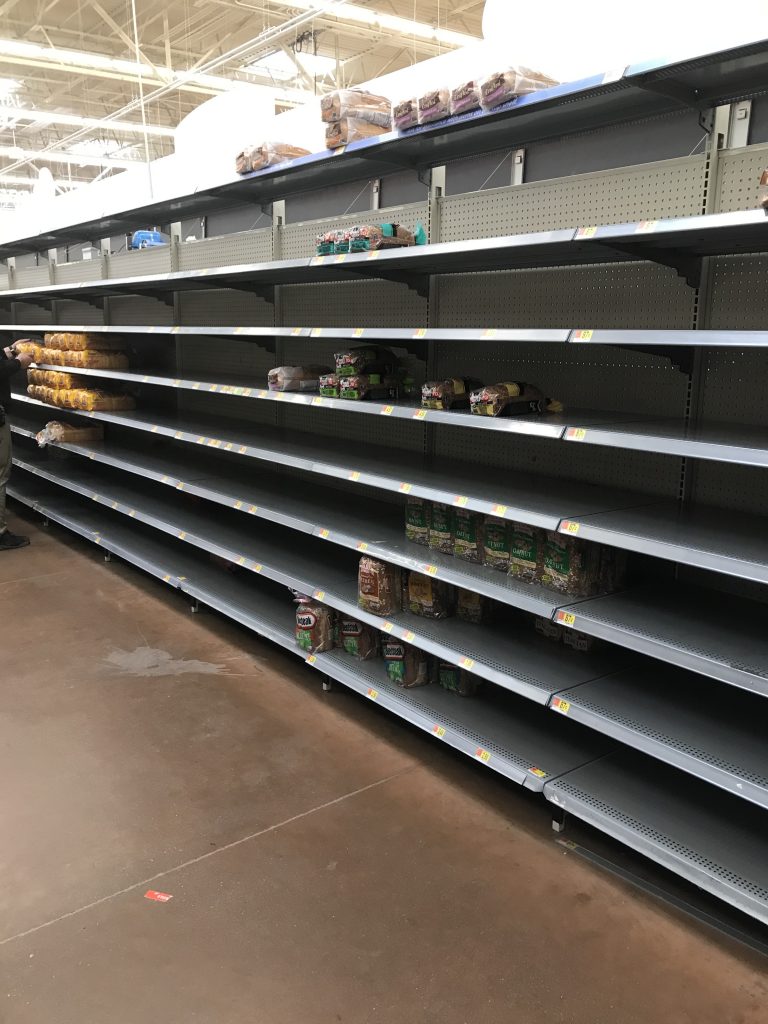
Amazon said the restrictions will last until April 5. It applies to large vendors and third-party sellers, who list items to sell on Amazon.com directly.
Many manufacturing facilities like Amazon were working 24/7 prior to the pandemic. Now, some are limiting their facilities to essential workers and contractors. It’s unclear, however, what they will do in the event those workers get sick.
“If you ask me why everyone is grabbing toilet paper, I can’t really explain it,” said Tom Sellars, CEO of Sellars Absorbent Materials in Milwaukee, Wisconsin.”It’s not like we are suddenly using more of it. But the surge in demand could strain the supply chain.”

Georgia Pacific, the maker of Angel Soft and Quilted Northern toilet paper, said that last week, orders from retailers nearly doubled. The company managed to ship out 20% more than its normal capacity.
American Forest & Paper Association, an industry group representing paper product makers, noted the industry is working hard to respond to the sudden spike in demand.
“Rest assured, tissue products continue to be produced and shipped – just as they are 52 weeks each year as part of a global market,” AFPA’s CEO Heidi Brock said in a statement.
But that doesn’t mean it will be easy work for the factories.
How Toilet Paper is Made
Toilet paper is made from one of two sources – virgin pulp from trees or recycled pulp obtained from materials like discarded copy paper that’s reprocessed and then turned into pulp.
Virgin pulp comes from Canada and the United States.
The pulp (virgin or recycled) is delivered to paper mills that turn it into large rolls of paper called “parent rolls” that are over 100 inches wide. The rolls then arrive at paper-converting facilities.
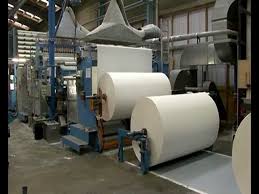
“We purchase large rolls from mills and our equipment cuts and packages them into the designated end product like toilet paper or kitchen towels, depending on the quality of the paper,” said Sellars.
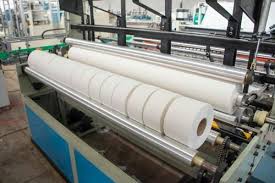
Packaging and shipping are the final steps in the chain.
So what happens when there’s an unexpected demand spike?
“Most mills are 24 hours, 7 days a week operations already. They are running on fixed capacity,” added Sellars. “It’s not like there’s an idle machine that can be cranked up to increase production.”
Retailers also have a set amount of toilet paper inventory.
“What I suspect is happening right now is retailers are tapping into toilet paper inventory that’s sitting in their warehouses until they get more shipment from producers,” Sellers said.
For suppliers, rapidly increasing production may not be feasible. So they might instead recalibrate factory production to make more of one type of product and less of another. “For example, less bathroom paper towels and more toilet paper,” said Sellars.

Kimberly-Clark, whose retail toilet paper brands include Scott and Cottonelle, said it is taking steps to accelerate production and reallocating inventory to meet current demand.
“We want to assure consumers that we are doing our best to ensure a steady supply of product to stores, and will continue to make adjustments to our plans as necessary,” the company said in a statement to CNN Business.
The biggest concern, however, is about the health of employees.
“What we are dealing with here (the virus) is uncharted,” said Sellars. “What if facilities have to shut down if workers become sick?”
Another big worry: stockpiling toilet paper. It could eventually hurt manufacturers’ sales down the road.
“We’ve all seen photos of people carrying shopping carts filled with toilet paper out of stores. They probably won’t buy more for three to four months,” Sellars added. “There will be a demand shock, and it will again strain the system.”



